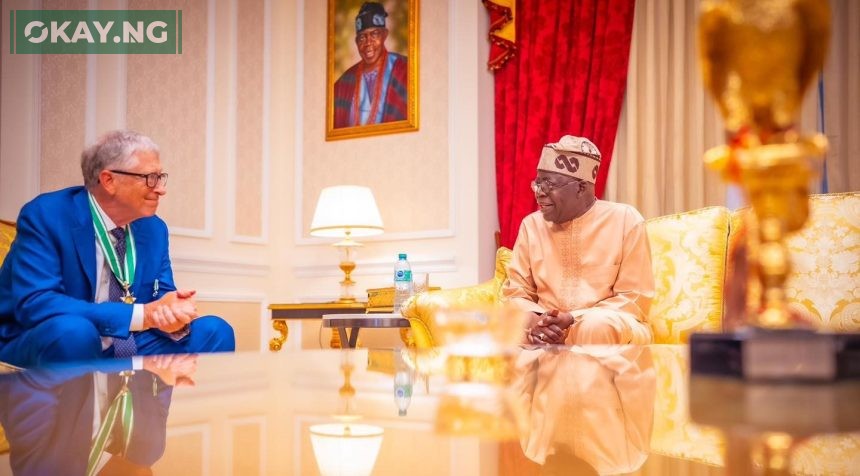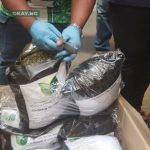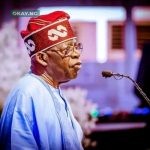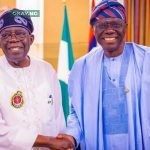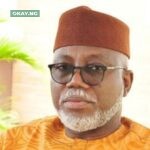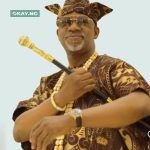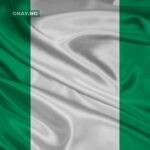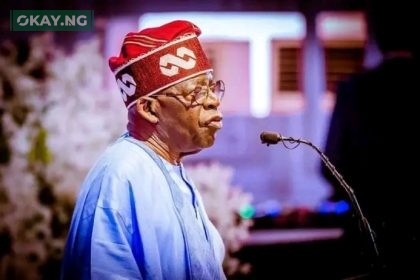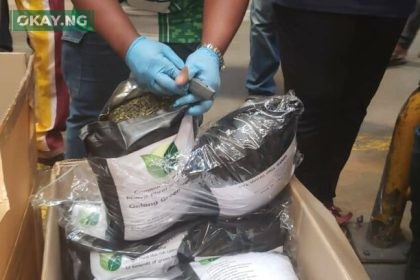by Abdul Samad Rabiu
As my country steadies itself, Britain, its Western allies and their companies should deepen this partnership
As ghosts of the 1930s haunt the global outlook, the scramble for trade deals has seized control of government agendas. The United States has leveraged its “tariff war” to secure better terms, driving both friend and foe to the negotiating table. British deals with the US and India have provided some refuge from the prevailing gloom.
Less reported – but with similar potential – was last year’s signing of the Enhanced and Trade and Investment Partnership (ETIP) between the UK and Nigeria , the former’s first such agreement with an African nation. Quiet in its arrival, the pact may yet echo louder.
As someone who has built multinational businesses across Africa, I know the vast opportunity the continent offers, and Nigeria in particular, which alone accounts for a fifth of sub-Saharan Africa’s 1.2 billion people. But I also understand the limitations we have often placed on ourselves when it comes to securing investment.
Lowering barriers to trade is crucial, and for that Britain’s ETIP looks prescient. However, investment and business potential will remain discounted as long as African nations cling to state intervention – from subsidies and price controls to exchange rate distortions – all of which have consistently bred dysfunction and economic instability. Fortunately, Nigeria has now decisively turned a corner, embracing market economics under a liberalising government.
In Morocco this week, Foreign Secretary David Lammy indicated Britain’s position is shifting too. Setting out his strategy for Africa, he said British policy must transition from aid to investment. “Trade-not-aid” is no new idea – but it is the first time a British government has so clearly echoed the demand the African continent has voiced for years.
In making that shift, Nigeria is taking the lead for a continent to follow. So many Nigerian administrations I have known have been hostage to economic events, doubling down time and again on state intervention rather than having the conviction to reform. This administration is proving different. After two years of difficult reforms, Nigeria – under President Bola Tinubu – is now poised to fulfil the promise of its vast natural resources, rapidly growing population of over 200 million people, and strategic coastal location along the Gulf of Guinea.
First, the Tinubu administration removed a crippling fuel subsidy – the most significant policy reform in years. At 25 to 30 cents per litre, petrol in Nigeria was among the cheapest in the world. But the subsidy was bankrupting the government: by 2023, it consumed over 15 per cent of the federal budget – roughly equivalent to the proportion the UK spends annually on the NHS.
When President Tinubu ditched the fuel subsidy on his first day in office, criticism quickly followed. Prices, at least for the time being, have risen. However, statistics must be understood in light of the wide-ranging distortions the subsidy created.
Officially, fuel consumption in Nigeria has dropped by 40 to 50 per cent. But that is not because Nigerians’ petrol use reduced by this amount. In reality the country was subsidising the region, with cross border fuel smugglers profiting from arbitrage. The illegal trade was so blatant that on a visit to neighbouring Niger a few years ago, then-President Mohamed Bazoum even joked about it, thanking Nigeria for the cheap fuel. Though the move was politically unpopular, the subsidy had become unsustainable. Now, spending is being redirected toward development and infrastructure – laying the foundations for long-term growth.
Second, the country has moved from a fixed to a market-determined exchange rate. Previously, only select groups could access the official rate – especially those with political connections; the rest had to rely on a more expensive parallel informal market determined by supply and demand. But selling dollars at an artificially low rate only entrenched scarcity, a problem compounded by an opaque exchange mechanism that deterred foreign investment.
Every two weeks, we used to make the 12-hour drive to Abuja to seek dollar allocations for imports – camping out at the Central Bank for three or four days. Now, I no longer need to go. I’ve met the new Governor only once in two years – because I haven’t had to. Monetary orthodoxy has finally arrived, bringing with it the liquidity that both domestic and foreign businesses depend on to smooth trade and de-risk investment.
Third, the shackles of politics are being prised from business, bringing greater certainty, fairness and stability to the landscape. Five years ago, I woke up one morning to find that the port concession for a new venture of mine had been revoked. It turned out my company was outcompeting a friend of an official of the Nigerian Ports Authority. In the end, it took then-President Buhari’s personal intervention to save the enterprise.
Had I not been politically connected, the business would have folded – along with the 4,000 jobs it provided – at a time when job creation was, and remains, Nigeria’s most urgent challenge. Today, such connections are no longer necessary. The playing field is being levelled, flattening the political ridges and dips that once skewed the game.
Many of these reforms required political courage to withstand the force of criticism. Prices rose as distortions were removed, yet the administration held firm, even as vested interests co-opted public discontent for their own ends.
Indeed, many of the benefits of reform are still to be felt by the wider public. But economic fundamentals must be fixed before that becomes possible. That lead-time often tempts market reformers to reverse course, or avoid reform altogether. Now that Nigeria has made it through the toughest phase, its direction should be clear to investors.
For Britain, the Enhanced Trade and Investment Partnership with Nigeria was a strategic bet on reform, resilience and long-term reward. Nigeria is now delivering its part of the bargain. As my country steadies itself, the UK, its Western allies – and their companies – should deepen this partnership.
Abdul Samad Rabiu is a Nigerian businessman and philanthropist


